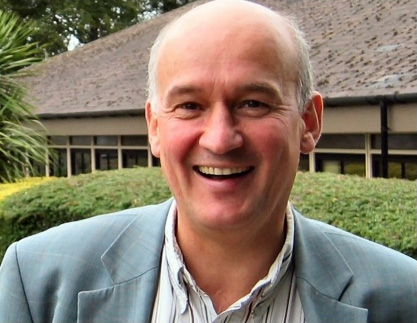
Before we present this week’s Weekend Reads, a question: Do you enjoy our weekly roundup? If so, we could really use your help. Would you consider a tax-deductible donation to support Weekend Reads, and our daily work? Thanks in advance.
The week at Retraction Watch featured:
- Pro-tip: When claiming to use a dataset, make sure it collects what you say it does
- Vice-chancellor of university in Pakistan loses paper for plagiarizing from a thesis
- Should a researcher who was no longer at an institution when a study began be a co-author?
- Prominent behavioral scientist’s paper earns an expression of concern
- Science Majorana paper earns an expression of concern
- ‘A very unfortunate event’: Paper on COVID-19 vaccine hesitancy retracted
Our list of retracted or withdrawn COVID-19 papers is up to 147.
Here’s what was happening elsewhere (some of these items may be paywalled, metered access, or require free registration to read):
Continue reading Weekend reads: The unintended consequences of “trust in science”; Biogen, Aduhelm, and JAMA; how to determine author order, part 592


